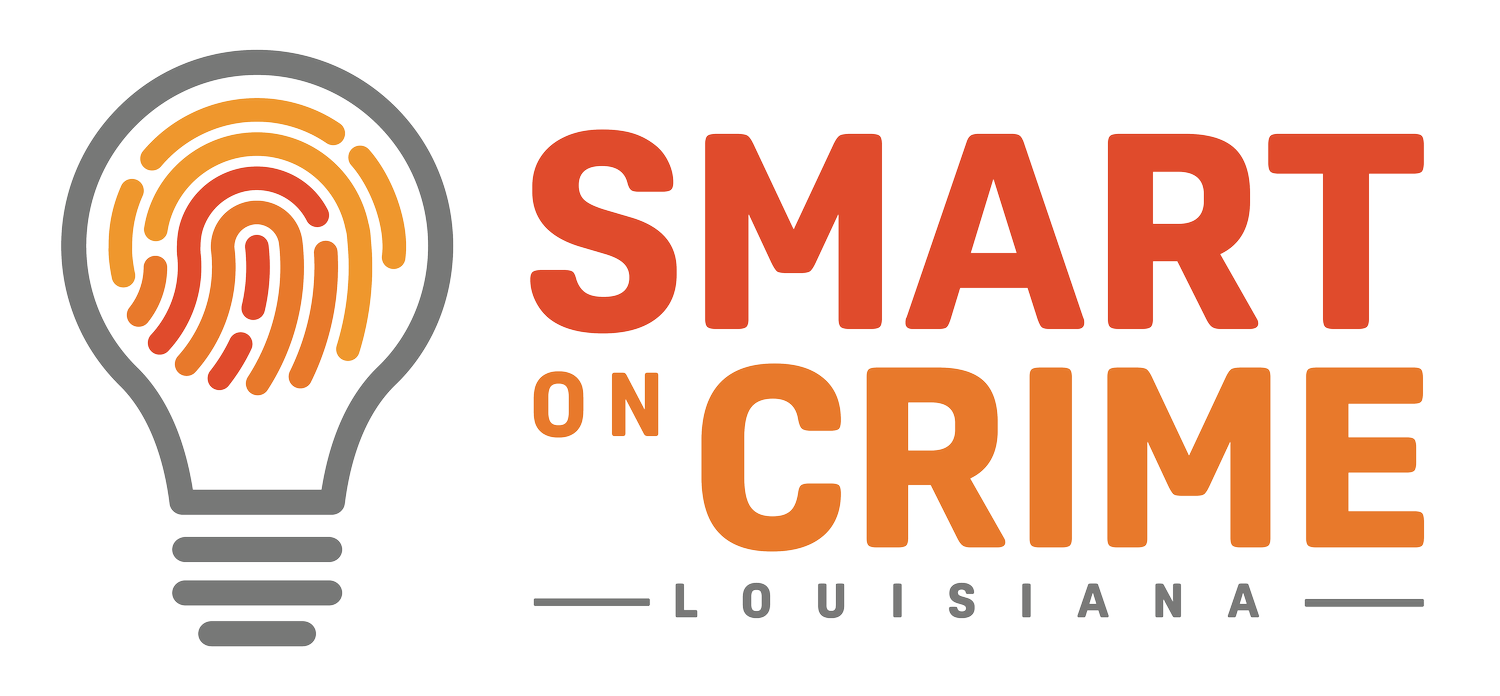Second Chances Don’t Exist in a Vacuum
April is Second Chance Month, an effort to celebrate and improve the opportunities available to the formerly incarcerated. The transition back into society can be a daunting one, and successful reentry is crucial to reducing recidivism, the tendency of a formerly incarcerated person to reoffend. Initiated by Prison Fellowship and formally recognized by Congress in 2017, Second Chance Month is a powerful opportunity to educate lawmakers and the public about the power of an evidence-based reentry framework.
High recidivism rates devastate families and cost taxpayers dearly. In recent years, Louisiana has spent over $200 million annually on recidivism. Robust reentry programs accompanied by current and accessible data have transformed other justice systems and eased the fiscal burden of such high rates. The U.S. Chamber of Commerce noted the labor shortage and surveyed employers who participated in Second Chance hiring, 81% of which reported that their Second Chance hires performed the same or better than other employees.
Because successful reentry does not occur in a vacuum, every citizen, business, and community has a vested interest in providing such individuals a second chance and breaking the cycle of recidivism.
This month, businesses and advocates in Baton Rouge came together for a Second Chance Job Fair and Resource Expo. The event included resume building, free haircuts, clothing appropriate for job interviews, and exposure to employers who were hiring. In Lafourche parish, inmates participating in reentry education programs wrote notes of hope and promise to be posted outside the facility as a plea to the community that as justice is served, it shouldn’t give up on them.
How can Louisiana continue the momentum and spirit of Second Chance Month long after April is over? All areas of the state and every level of the criminal justice system must commit to providing programs and services that allow for successful reentry back into society with lasting positive outcomes.
As outlined in Smart on Crime Louisiana’s most recent report, “The Future of Justice: a Conservative Vision to Enhance Safety in Louisiana,” large gaps remain in Louisiana’s reentry networks. Only 19% of judicial districts in the state have reentry courts, as compared to 100% in states such as Florida, Alabama, and Tennessee. Smart on Crime recommends that the state prioritize targeted funding and training to enhance the resources dedicated to successful reentry.
To ensure that such programs are worth celebrating each April, data collection and reporting are imperative. The data reporting process in Louisiana is another area where large gaps and variation between parishes act as a barrier to progress. Accountability and hope must go hand in hand for states to take full advantage of the promise of second chances.
Expanding and improving reentry programs for nonviolent, first-time offenders and assessing their impact through regular and thorough data collection is the smart way to provide opportunities for second chances, not second sentences for individuals while also supporting numerous public safety, workforce, and fiscal benefits for local and state governments in the process.
